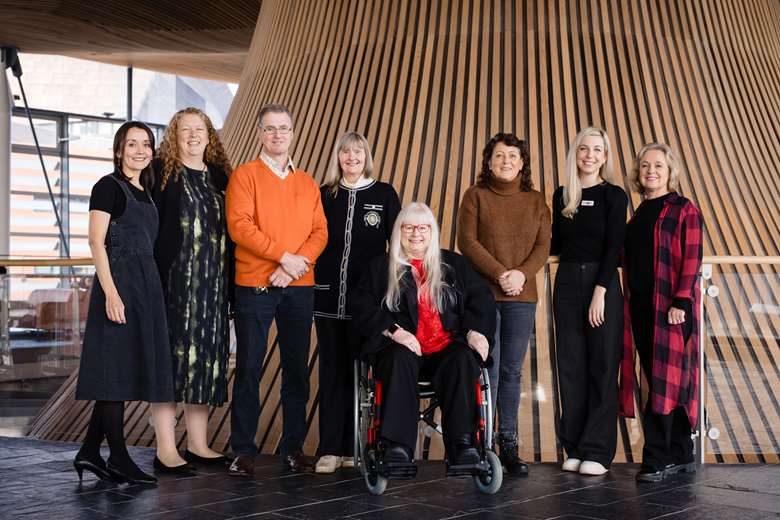Musical pain relief at Welsh National Opera
Coriander Stuttard
Wednesday, May 7, 2025
Following the publication of Welsh National Opera's report on the link between music making and pain management, Coriander Stuttard delves deeper into the organisation's wellness programme to find out how music is helping patients in Wales battle isolation and alleviate chronic pain


Register now to continue reading
Don’t miss out on our dedicated coverage of the classical music world. Register today to enjoy the following benefits:
- Unlimited access to news pages
- Free weekly email newsletter
- Free access to two subscriber-only articles per month


